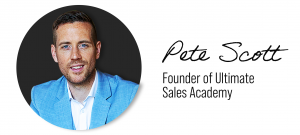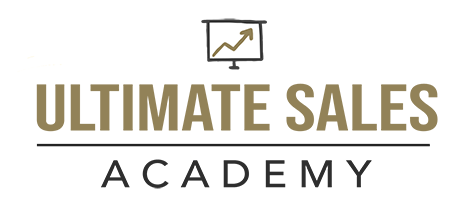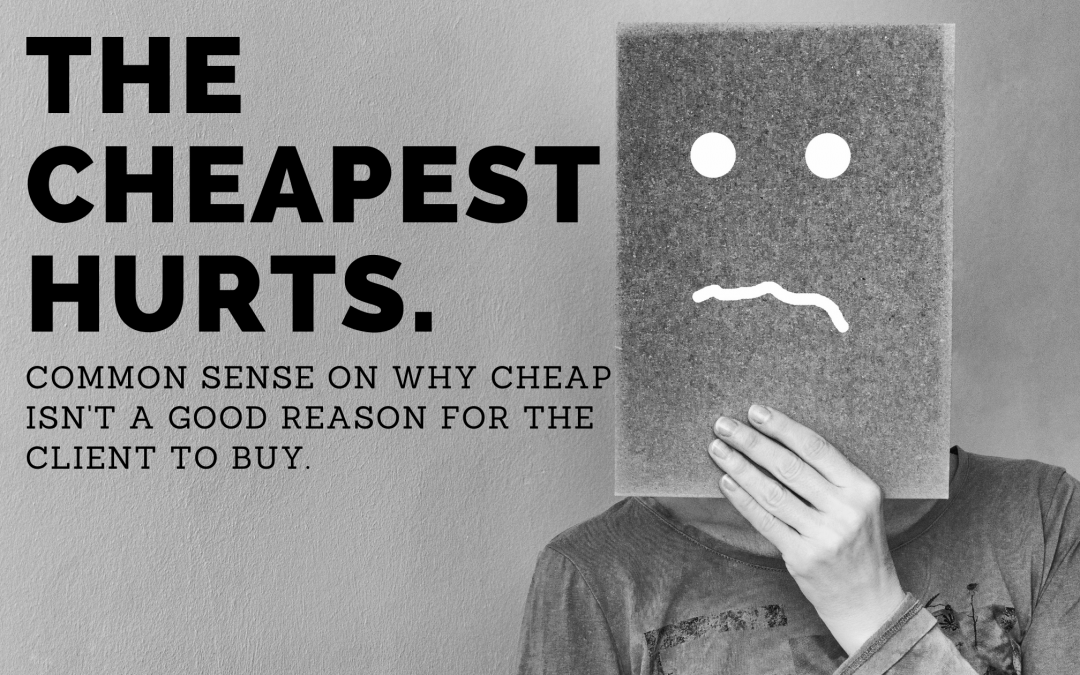
* If everybody bought on price, we’d all be driving around in a 10 year old Ford Focus (nothing wrong with a Ford Focus by the way.)
* Every client you speak to today, has wasted thousands on cheap products and doesn’t remember any of them
* Every client you speak to today, can talk in detail about the time they invested properly in something and it changed their life
* People who buy one off products, tend not to use them
* People who buy one off services, get little to zero results so usually don’t buy the same service again and if they do, it’s with a competitor
* People tend not to buy products and services, they buy into a brand and become a super fan
*If you don’t care about something, you’ll buy the cheapest product that solves the problem
*The chances are what you sell helps something your client cares deeply about, so undercharging is preventing the sale, not encouraging it
*When we care deeply about something, we’ll lean to the highest price solution, because we care
* People who buy solutions, will follow the instructions step by step
*People who don’t buy the solution, won’t follow the instructions and will blame you when your cheaper alternative didn’t work
* According to research by Groupon, a cheaper hotel will have an average of a two to three star rating by the guest, a more expensive hotel will have an average of a four to five star rating by the guest… Even if it’s the same hotel
* The majority of complaints and refunds happen for low price sales. For high price sales, the number of positive feedback exponentially increases
* It’s harder to sell a low price product than a high price solution
* You have to justify price far more on a low price product, than a high price product. This is because low price focusing on cost, high price focuses on value
*Low price means you’ll have to breakdown all the details, a high price you become the expert so your client won’t interview you on every tiny feature and benefit
* Selling a one off consulting day, or a one off coaching session, is difficult because you’ll focus on the features (because there are no real benefits)
* Selling a powerful solution at £2000 to £20,000 is easy, because the features are now irrelevant and you focus purely on the outcomes and transformation
* You’ll act completely differently when you sell at £2000 instead of £20
*Your client will act in a totally different way when you sell at £2000+
* Selling for £2000 up to £200,000 is easy (when you know how)
* It’s difficult to justify value when you’re selling cheap
* It’s easy to justify value when you’re selling high
* Selling cheap turns you into a commodity
*Selling cheap makes your service interchangeable with every competitor
* Selling high turns you into the best
in your field in the eyes of your target market
* When people pay more, they experience more, therefore they enjoy the service more
*No one brags to their friends about their £50 expert
*Everyone brags to their friends when they’ve invested thousands to work with an expert
* If your service is the cheapest of the day, it will be the least memorable experience in the day for your client
* If your service is the most expensive of the day, it will be the most memorable of the day (and potentially year) for your client
*The same goes for month and year
* People will think you have a hidden agenda when your service is too cheap, so they’ll always be skeptical
* People know you take your clients seriously when you charge properly, after all, that’s what they’re paying for
* When you visualise a service for £2000, you immediately run a positive movie in your mind of that service
* When you visualise a service for £20 or even £200, you don’t even run a movie
* When you charge a little, the client simply wants the service and will ignore the rest
* When you charge a lot, the client will want to absorb every moment, so they’ll take in every moment, enjoying the tiniest of details.
*Cheap champagne tastes great if you pay a lot for it
* The most expensive champagne tastes awful, if it’s the cheapest
(unless you’re a champagne geek)
* Most people have no idea about what champagne should taste like
* The same clients who complained about your service, pay triple somewhere else and still complain anyway
* If people are going to complain, at least charge triple to hear their complaint
* The same client who complained about your service and paid triple somewhere else. Will gloat to her friends about the service she paid triple for and complain about your service
*The place charging x 3, is still very likely undercharging
* The competition is fierce for low price service providers
* The competition becomes irrelevant for high price service providers
* If I tell you a service is cheap, you’ll be skeptical and cautious
* If I tell you a service is expensive, you’ll think “wow, they must be extremely good at what they do.” (Note, especially if I say how XYZ service helped transformed my life.)
* You’re more likely to hear a “yes” if you quote your client £2000, than if you quote them £80
*The busier you are, the less money you make
*Someone who is less qualified than you, is earning X 1000, because they consciously or unconsciously understand how people buy
*You should probably be charging exponentially more for your advice and results you help your client achieve
*The biggest objection in your business is you, not the client
*High value clients are everywhere, you don’t need to find them
*High value clients are already in your business, if you’re willing to have that conversation with them
*Most of what’s taught on how to grow your business is the opposite of what works and ultimately sabotages your results
* People don’t buy for the reasons we ‘think’ they do
* People buy because of ego
* People buy to increase social status
* People buy because they want to standout in their social circle
* People buy because they want to fit in with their social circle
* Never try to justify with logic, why people make decisions irrationally
* Selling your product cheap, won’t give them social status
* You’ll spend the rest of your career convincing your clients why your product is so good, if you sell cheap
* You’ll spend the rest of your career hearing your clients convince you why they’re ready to invest thousands, if you sell high
This is just the short list of why people buy at a high price over a low price.
Have a great day today, don’t forget to charge properly.
P.S – If you want to charge exponentially more and you know you have the expertise to back this up, then I’m hosting my last ever online public training on this from tomorrow. Let me know below if you’d like to join.


